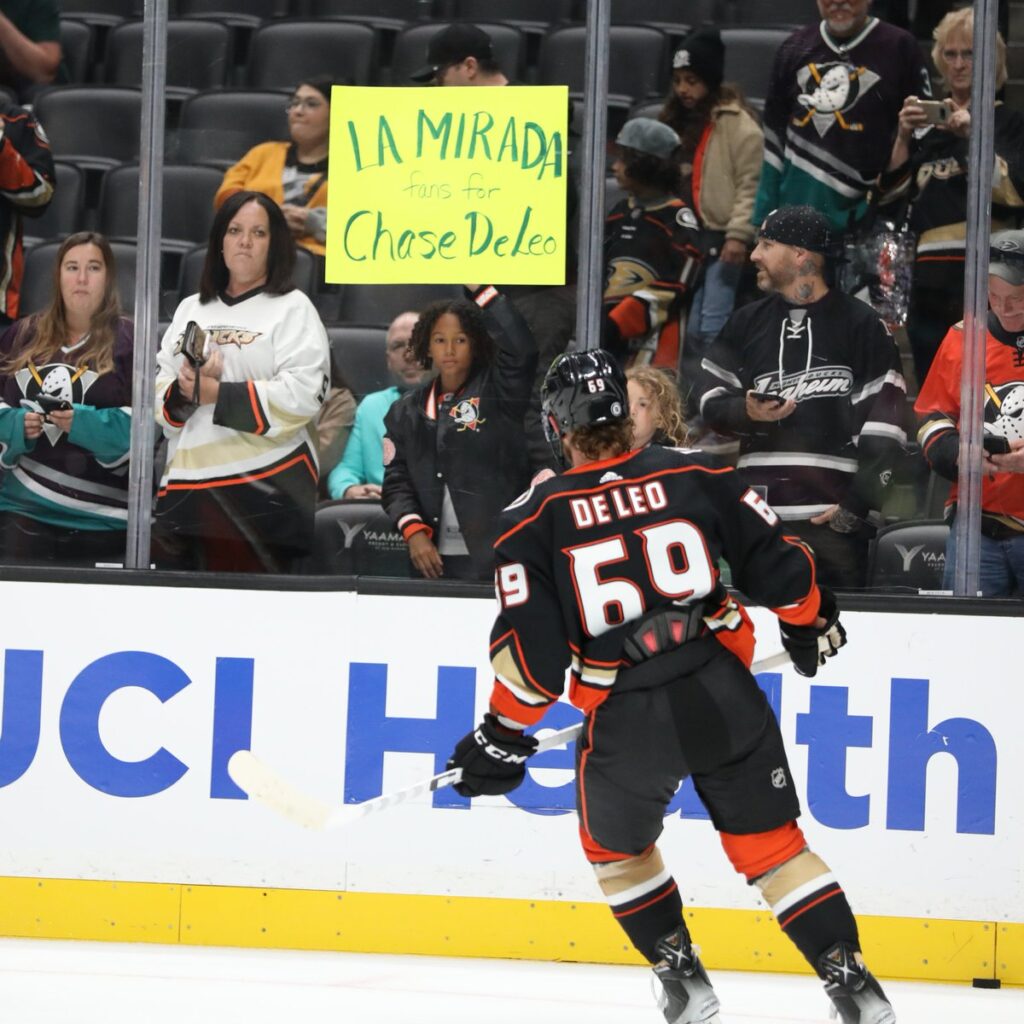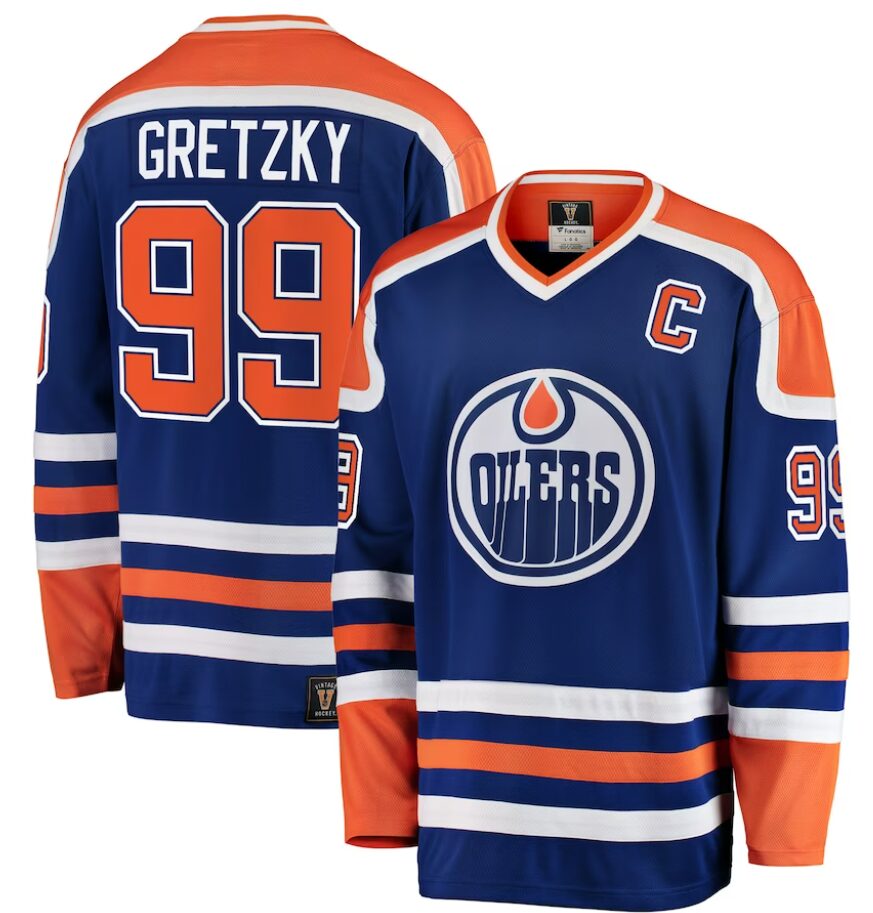
Jersey numbers in sports can spark debates, and the NHL has its own share of unwritten rules about them. For instance, you won’t see hockey players sporting the number 69 on their backs—and it’s not just random chance.
In the NHL, every jersey number tells a story. Some numbers are legendary and carry great respect. For example, no one uses 99 because it belongs to Wayne Gretzky, the Great One. Players choose their numbers based on personal reasons like birthdates or role models.
Numbers can even show what position someone plays. Goalies usually pick between 1 and 35. Skaters choose from a wider range, sometimes picking high numbers for a special reason. A number becomes part of a player’s identity on the ice—fans know them by it, and players wear it with pride.
The number 69 has sparked controversy in the NHL due to its sexual connotations, leading to an implicit ban on players choosing it. This has resulted in a lack of players wearing this number throughout the league’s history.
Jersey number 69 is rarely seen in the NHL. This isn’t because of an official rule. Instead, it’s due to the number’s meaning outside of sports. The number is linked to sexual connotations that many find inappropriate for professional hockey.
Most players avoid choosing 69 for their jerseys. They want to show respect and keep a professional image on the ice. Fans and families watch these games, so players pick numbers that won’t raise eyebrows.
League officials have not set firm rules against using this number. Still, they prefer players to maintain a certain standard. Players understand this without needing formal bans or policies.
Hockey players often pick numbers that mean a lot to them. The number 69, however, hardly ever shows up on NHL jerseys. With 928 players hitting the ice in one season alone, you’d think someone might choose it.
But they don’t. Many feel that number 69 is not taken seriously and could be seen as a joke among pros.
Choosing this number can send the wrong signal if a player wants respect from peers and fans alike. It’s clear that while hockey holds room for humor, there are limits to what will fly within the culture of the sport.
As such, most steer clear of 69 and opt for numbers they believe will reflect their professionalism more accurately on the rink.
Players Who Wore Number 69 in NHL


Comparison with Other Sports Leagues
The usage of number 69 in the NHL is controversial, especially due to its sexual connotations, but it’s interesting to note how other sports leagues approach similar situations.
The NBA prohibits players from wearing the number 69 due to its connection with a sexual position, making it the only sports league to impose such a ban. Any jersey number surpassing 55 in the NBA necessitates approval from the league, and hence, players are forbidden from choosing 69 as their uniform number.
Notably, when Dennis Rodman attempted to wear a No. 69 jersey while playing for the Dallas Mavericks, the then-NBA commissioner, David Stern objected to this choice.
Interestingly, this stance reflects how professional sports leagues regulate player representation and conduct both on and off the court or field. The decision showcases that while individual expression is encouraged within limits, certain cultural or societal factors influence what is deemed acceptable within these highly visible arenas of sportsmanship and competition.
Peter Munro and Erik Cole are among the few MLB players to have donned the number 69 in a major league game, emphasizing its rarity in baseball. Interestingly, it’s only Cole who is the fifth player ever to suit up with this number, shedding light on its infrequent selection by players in MLB.
In contrast, no NFL player has ever worn the number 69 during a regular-season or playoff game, underscoring its conspicuous absence within professional football.
Number 99 holds a special place in NHL history, as it was famously worn by “The Great One” Wayne Gretzky. To learn more about the significance of jersey numbers in the NHL and the controversy surrounding number 69, keep reading!

Wayne Gretzky, often referred to as “The Great One,” holds a distinguished legacy in the NHL. His exceptional talent and remarkable achievements led to his iconic association with the number 99.
This number is officially retired in honor of Gretzky, reflecting its sacred status within hockey lore. Apart from Wayne Gretzky, only five other players have worn this revered number throughout NHL history.
Despite its historical significance, the number 99 is seldom seen on NHL jerseys due to its connection with Wayne Gretzky’s unparalleled career. As such, very few players dare to claim this number as their own, out of respect for “The Great One” and the indelible mark he left on the sport.
Considering its official retirement and unwavering regard in hockey circles, it remains a rarity for any player to don the illustrious number 99 during their professional career.
In the NHL, strict rules dictate jersey numbers, and interestingly, no three-digit numbers are allowed. This regulation means that players cannot don a number higher than 99 on their jerseys.
The league has also prohibited the use of numbers 0 and 00 in recent years. This guideline aligns with the tradition of single or double-digit numbers traditionally worn by hockey players.
Furthermore, the restriction on three-digit numbers reflects a deliberate effort to maintain uniformity and simplicity in player identification during games. It ensures that fans and officials can easily recognize each player on the ice without confusion.
The contentious nature of this number remains a peculiar aspect of jersey numbers in the NHL. Who knows what the future looks like 
Share:
OrangeandBlackPack.com is a participant in the Amazon Services LLC Associates Program, an affiliate advertising program designed to provide a means for sites to earn advertising fees by advertising and linking to awin, amazon.com and affiliated websites. Amazon, the Amazon logo, AmazonSupply, and the AmazonSupply logo are trademarks of Amazon.com, Inc. or its affiliates.
Address: 2430 N 20th St, Philadelphia, PA 19132, USA
© 2024 Orange and Black Pack